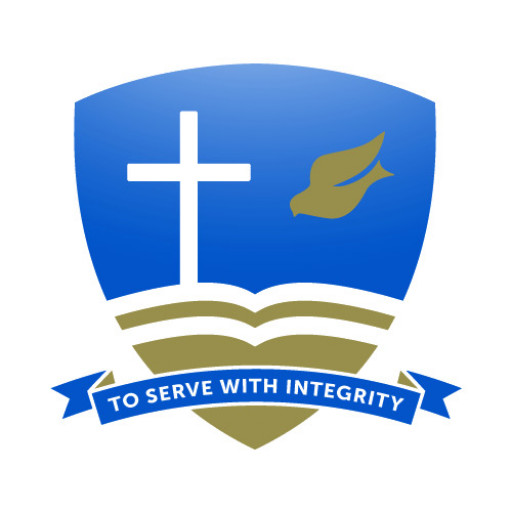Photos of university / #oxford_uni
The Postgraduate Diploma in Theology and Religion is provided as an alternative qualification for those wishing to pursue graduate study in theology and religions but whose first degree is not in theology or religious studies.
Graduate destinations
Students who leave the University of Oxford with graduate qualifications in theology enter a variety of careers all around the world. Students who complete the Postgraduate Diploma in Theology and Religion often progress to further academic study within the faculty or in other universities. Others secure employment as, for example, school teachers, civil servants, lawyers, clergy or parliamentary research assistants.
The Postgraduate Diploma in Theology and Religion offers an intensive period of study in Christian theology, with the option to explore other world religions. You may complete the course either in nine months as a full-time student or in twenty-one months as a part-time student.
You choose three papers which are typically taught through a series of eight tutorials supported by lectures and classes; a fourth paper can be chosen if you wish to extend your studies. These papers are chosen from the syllabus for the faculty's BA in Theology and Religion, although some papers are excluded from this selection. For example, you might choose to study an aspect of the New Testament, Old Testament, the nature of religion or modern doctrine, and other options include:
- the history of Christianity
- Christian ethics
- Islam, Buddhism and Hinduism
- the philosophy of religion.
If studying part-time, you will study two papers in your first year of study, and the third (and fourth, if this option is chosen) in your second year of study. Whether you are a full-time or part-time student you are assessed at the end of the course. You may either sit timed written examinations or choose to write two short essays or one long essay in place of a written examination in one of your chosen papers. The essay subjects will be approved by the faculty and your tutor for that paper.
Please note that a new curriculum is being introduced in 2017-18 and that while applications for entry onto the part-time course in 2017-18 are permitted, part-time students entering in 2017-18 should be aware that the list of papers available to them will be revised towards the end of their first year and that other papers will be made available for their second year.
The course is mainly taught by tutorials, for which you customarily prepare written work for discussion with the tutor. In addition, you attend relevant classes and lectures as advertised for the BA in Theology and Religion, and a series of seminars, normally twice per term, specifically organised for Postgraduate Diploma students. Teaching usually takes place up to week four of Trinity term.
Although as a Postgraduate Diploma in Theology and Religion student you attend undergraduate lectures and classes, you are full members of the graduate community, and are encouraged to draw on all the graduate resources of the faculty and the university. Please note that there is no graduation ceremony for the PGDip.
Applicants are normally expected to be predicted or have achieved a first-class or strong upper second-class undergraduate degree with honours (or equivalent international qualifications), as a minimum, in a degree which is not in theology, religious studies or a related subject. No knowledge of ancient languages is required. Entrance is very competitive.
For applicants with a degree from the USA, the minimum GPA sought is 3.5 out of 4.0.
If you hold non-UK qualifications and wish to check how your qualifications match these requirements, you can contact the National Recognition Information Centre for the United Kingdom (UK NARIC).
You may require knowledge of a particular language and you are advised to research your subject area for more information on individual requirements.
Other examination results may be submitted alongside degree qualifications. If offered, the minimum Graduate Record Examination (GRE) score sought is 160 and the minimum GMAT score sought is 600.
- Official transcript(s)
- CV/résumé
- Statement of purpose/personal statement:One page
- Written work: Two essays of 2,000 words each
- References/letters of recommendation:Three overall, generally academic
ENGLISH LANGUAGE REQUIREMENTS
Higher level
|
Test |
Standard level scores |
Higher level scores |
||
|
IELTS Academic |
7.0 | Minimum 6.5 per component | 7.5 | Minimum 7.0 per component |
|
TOEFL iBT |
100 |
Minimum component scores:
|
110 |
Minimum component scores:
|
| Cambridge Certificate of Proficiency in English (CPE) | 185 |
Minimum 176 per component |
191 |
Minimum 185 per component |
| Cambridge Certificate of Advanced English (CAE) | 185 |
Minimum 176 per component |
191 |
Minimum 185 per component |
- Hill Foundation Scholarships
- Ertegun Scholarship Programme





